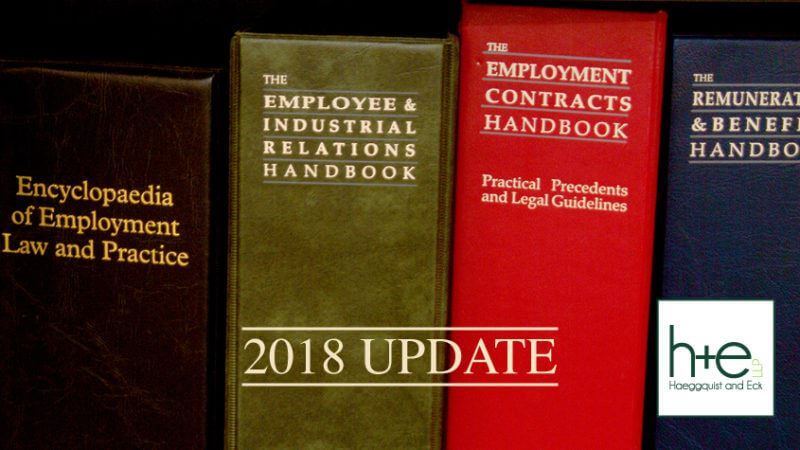
Do Interns Have To Be Paid in California?
Many companies offer unpaid or low paid internships in exchange for experience. Oftentimes, however, companies’ internship programs violate federal and/or California labor laws because the companies fail

Many companies offer unpaid or low paid internships in exchange for experience. Oftentimes, however, companies’ internship programs violate federal and/or California labor laws because the companies fail

Welcome to 2019! While some of us are struggling through our New Year’s resolutions, the State of California has once again resolved to implement new employment

As we reach the end of February, it is safe to say that we are warming up to 2018. Rather than dwell on the fact
Employers routinely conduct background checks on job applicants. These background checks include contacting former employers to pulling credit reports and criminal records. However, in order
The U.S. Securities and Exchange Commission (“SEC”) relies heavily on whistleblowers to report potential securities law violations. Insider knowledge of the circumstances and individuals involved allows

In a memo, dated December 15, 2014, the U.S. Department of Justice publicly acknowledged it will now bring claims against public employers on behalf of

A federal consumer protection statute, the Fair Credit Reporting Act (“FCRA”), 15 U.S.C. §§1681, et seq., protects employees against employer misuse of an employee’s credit report.

Effective January 1, 2013, California law provides that current and former employees (or a representative) have the right to inspect and receive a copy of
California law protects a mother’s right to breastfeed by ensuring nursing mothers have time and space to express breast milk at the workplace, and by